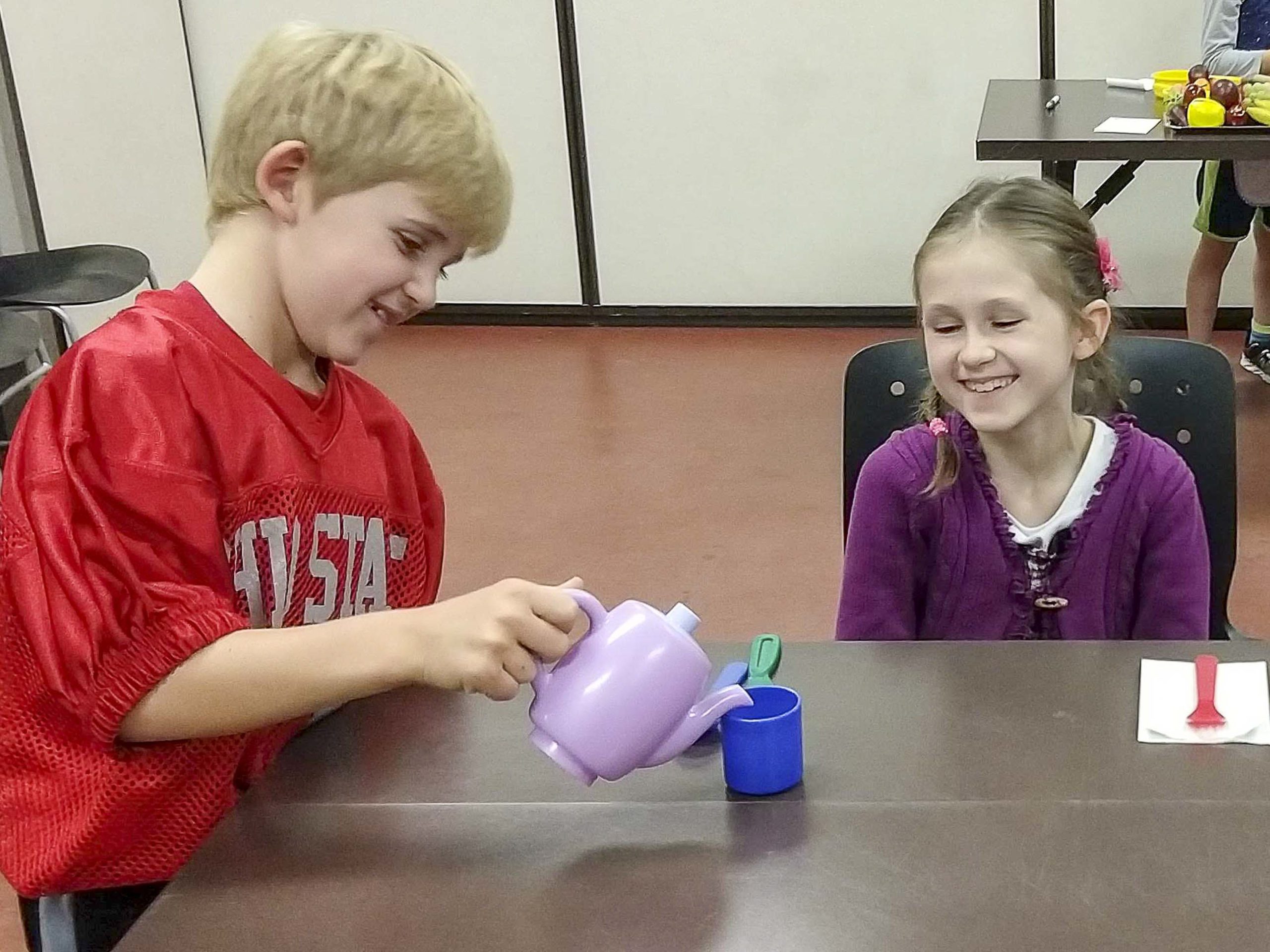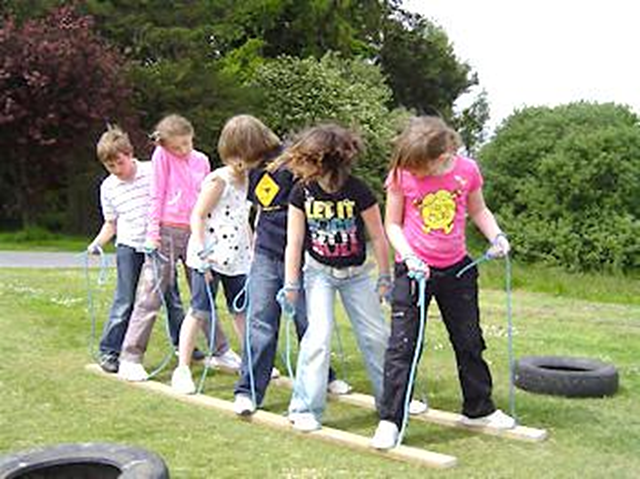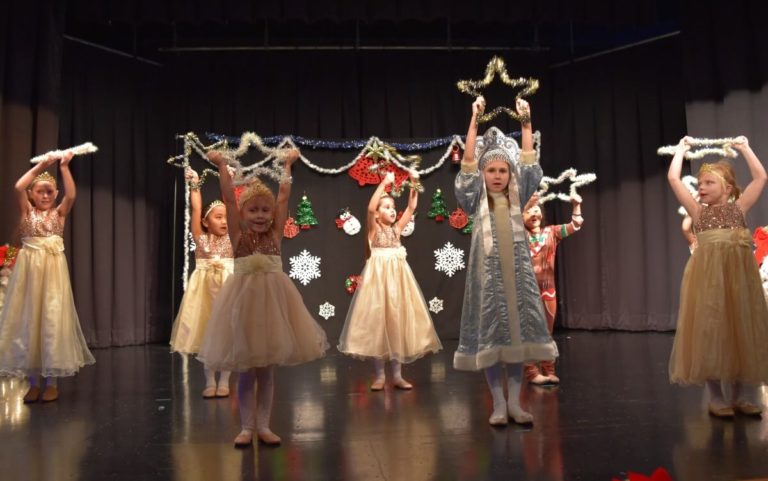1. Just Listen.
This step could be the easy one, if it weren’t for all that pesky emotional baggage we carry around as parents. When you see your child experience social pain, it brings back issues and challenges from your own past. When the emotional area of our brain gets activated we are more apt to engage in any number of unhelpful behaviors, including jumping in prematurely, interrupting, offering unsolicited advice and trying to control/fix the outcome of the situation.
2. Empathize
This piece is utterly important. Why? Not only will empathizing with your child strengthen your relationship, feeling heard and understood is the conduit of moving your child from their emotion brain (amygdala) to their more rational problem-solving brain (pre-frontal cortex). It’s also the key piece that humans need to go from emotionally stuck to feeling heard and understood which allows us to move on and work through the situation.
3. Ask questions.
Great questions are the beginning of great conversations. When you approach your child’s situation with an open and curious mind you can ask questions that will help you to gain insight to what’s underneath her struggles and how to get to the heart of the situation. Some great open-ended questions to ask are:
- What bothered you most about what happened?
- How did it feel when that happened? How do you think they may have been feeling?
- If you could go back and have a ‘do-over’ what would you do differently?
4. Invite problem-solving.
Far and away the best thing you can do as a parent when helping your child solve friendship problems is to give your child the skills to initiate and engage in active problem-solving. Working through our emotions is key, but we also don’t want to stay stuck in the land of ‘the feels’ forever.
By initiating a conversation on how your child wants to move forward gets them to critically think about what might make things less stressful next time their friend leaves them out or takes something without asking.
5. Offer insights.
Someday, my honest hope is that communication and problem-solving skills are universally taught in schools (shocking coming from a therapist I know). How can we be shocked to see children as young as preschoolers engaging in relational aggression when we don’t give our kids the framework they need to solve friendship problems?
Your kids love hearing stories about you versus getting lectured. Discuss a time you had to work something out with a co-worker or sibling and the related challenges/successes that followed. A great mini-framework to offer your child covers basic communication and conflict resolution skills:
- It’s ok to take time to cool down. It’s not always possible to work through everything in that very moment. Taking a break for emotions to settle can be a wise choice.
- The power of ‘I statements’. When things get heated with a friend let your child know it will be much more effective to express how he is feeling as opposed to accusatory statements that lead with ‘You’. For example, “I feel left out when you don’t ask me to play tag”.
- We respect our friends by listening. Ask your child how they feel when they are listened to vs when they are ignored, which will drive home the importance of offering that same respect to their friends.
- Team up to work it out. Remind your child her and her friend are on the same team. When each is able to listen, empathize and express their emotions working out a compromise will usually follow.
6. Trust your child.
Despite any uncomfortable feelings you may have regarding your child’s peer conflicts, it’s essential you step back and allow your child the time and space to proceed as they wish with their peer relationships.
My daughter continued to talk about Annie and their severed friendship for weeks. I had listened, empathized and offered feedback but my daughter still didn’t have the confidence to approach her old friend.
Then one day after school she got into the van and nonchalantly mentioned, “oh mom I played with Annie in gym, we talked about it and now we’re friends again.” It certainly wasn’t on my timetable (Annie’s family are good family friends of ours), but she did put into place the important concepts we talked about when she was fully ready.




